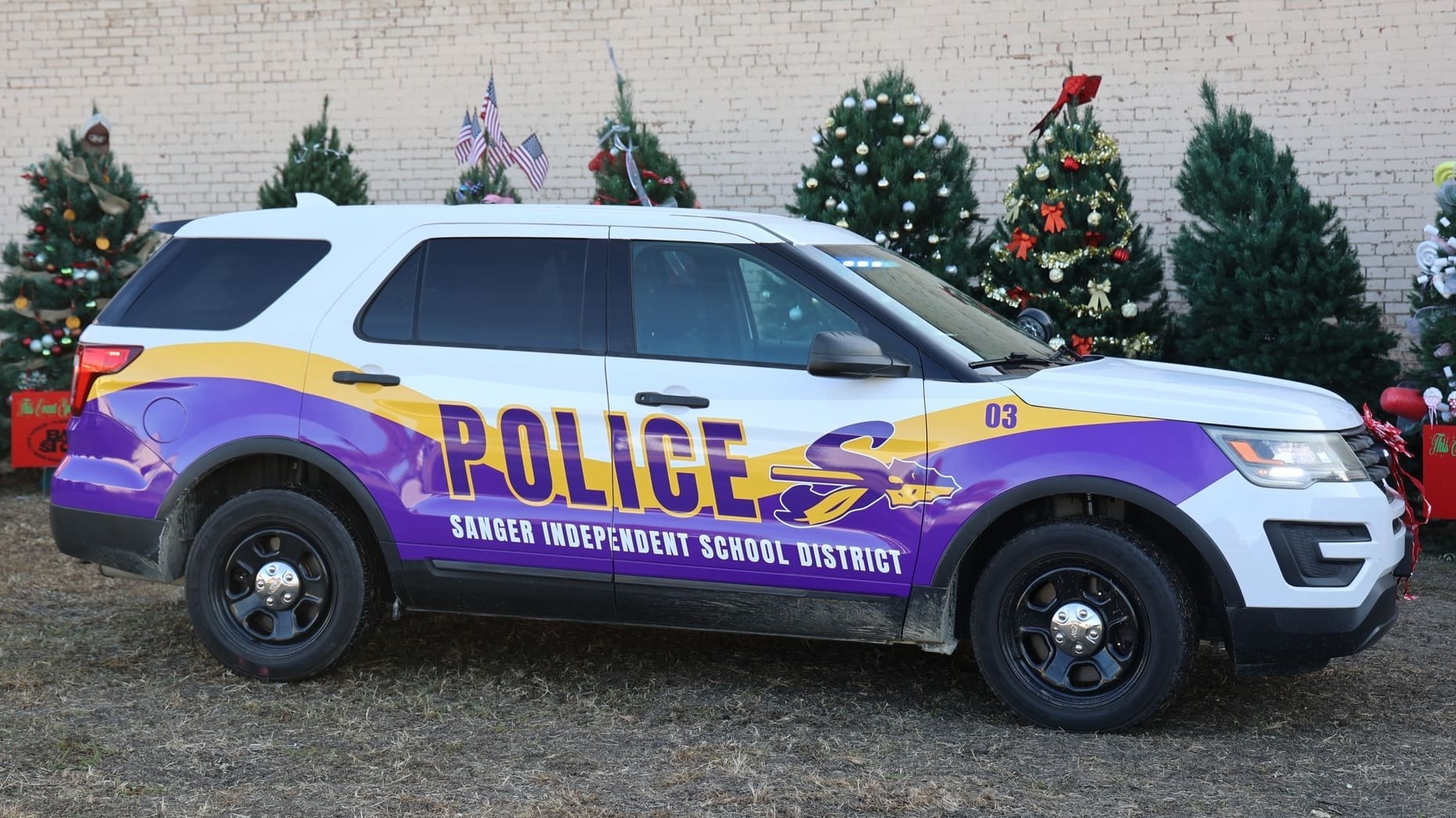Texas has adopted new school library standards as required by a state law designed to protect students from sexually explicit content.
The state’s first-ever mandatory school library collection development standards will apply to all materials in all Texas public school libraries, classroom libraries, and online catalogs.
According to the new standards, “School districts are responsible for ensuring their school libraries implement and adhere to these collection development standards.”
However, it will still be up to parents to verify that their local school officials are complying with the law.
The Texas State Library and Archives Commission (TSLAC) developed the standards with input from the State Board of Education (SBOE) in compliance with House Bill 900.
HB 900 required a majority of SBOE members to approve the proposed school library standards before TSLAC adopted them, and set a January 1, 2024 deadline for final adoption.
On Wednesday night, SBOE members voted 13-1 to approve the standards. Member Aicha Davis, a Democrat from Dallas, cast the lone vote against approval.
TSLAC unanimously adopted the standards on Thursday.
SBOE Chair Keven Ellis noted that the board did not have the authority to amend TSLAC’s proposed standards prior to voting on the final draft.
“If we don’t approve this document, then we will not meet the timeline as presented in the bill,” Ellis told the other board members.
The SBOE is made up of 15 elected members who set policies and standards for the state’s government schools.
TSLAC is a state agency tasked with adopting rules for administering state library legislative mandates. The seven commissioners are appointed by the governor.
Texas lawmakers passed HB 900, also known as the READER Act, in response to months of complaints from parents about age-inappropriate books with graphic sexual content that school district officials refused to remove from their children’s campus libraries.
TSLAC began drafting the library standards outlined by HB 900 over the summer in consultation with SBOE members, who reviewed an earlier draft and provided feedback. The proposed standards were then posted for 30 days to allow for public review and comments.
The SBOE also heard comments Wednesday from several members of the public prior to their vote.
North Texas mom Summer Crow told the board she had challenged her local school district to identify and deselect sexually explicit books, and she supported the new standards.
“Why are these books still in our Texas schools? Because librarians and districts’ legal counsels have been conditioned to believe they will violate the student’s First Amendment rights if they remove a book in which professional reviews have rated it for teens and the sex isn’t pervasive,” said Crow. “We must pass these guidelines so books such as this can be swiftly removed.”
Francine Erickson, a Central Texas parent who was a teacher for 15 years, also supported approving the standards, saying they “contain all of the requirements that are spelled out in House Bill 900.”
“When I was told that there was pornographic content in public schools, I thought the person was being dramatic. Not so,” said Erickson.
From small towns to large, systematically book collections with sexually explicit materials were added to schools without their knowledge, in book bundles labeled “social bundles.” School districts have also relied on the American Library Association and the Texas Library Association’s recommendations, recommended reading lists, and awards for years.
Erickson said she heard many families tell the Texas Legislature about “the difficulties of removing sexually explicit material, the time and the burden that was placed upon them to fight to protect minor students from the exposure to pervasively vulgar and explicit sex content.”
“Unfortunately, there are districts that believe that any content for any age is acceptable,” she said.
“I appreciate the effort you’re taking to make our districts accountable,” Texas parent Jackie Besinger told the board.
“As the statute speaks for itself, and it is law, there is no need to make double reference to standards already in HB 900’s requirements,” Besinger said, adding that the state “intends for all school districts to follow all legal and procedural aspects of HB 900, such as parental consent and periodic reviews.”
HB 900 took effect on September 1 amid a legal challenge from book vendors and publishers who oppose the law’s requirement that vendors rate books based on their sexual content.
However, as SBOE Member Tom Maynard noted, the court never blocked the section of HB 900 requiring new school library collection development standards.
Some parents who advocated for HB 900 remain skeptical of the standards as adopted.
“We needed to address the dirty book problem,” Texas mom Tracy Shannon told Texas Scorecard. “But I think the document as is will be a problem.”
Shannon pointed specifically to the book reconsideration process included in the standards.
“In developing the guidance, TSLAC added and SBOE approved a standard for reconsideration for all districts,” she said. “That’s a win for the American Library Association and Texas Library Association because reconsideration makes it hard to remove books. Reconsideration policy is the first goal of the ALA.”
The new standards will require all schools to adopt a reconsideration policy, and they detail that the policy should allow parents, guardians, and teachers to challenge a resource material. The problem is that it doesn’t include community members, so many districts will adopt it as worded, leaving advocacy organizations unable to file challenges for parents.
“Parents don’t want to have their kids retaliated against, and it happens,” said Shannon. “The whole point of a reconsideration process is to wear down a parent and keep the book.”
Others, like East Texas mom and education advocate Christin Bentley, hailed the standards as a success. Bentley chaired the Texas GOP legislative subcommittee to Stop Sexualizing Texas Kids, spearheaded a “Filthy Books” campaign to raise awareness, and worked with dozens of parents from across the state to help pass HB 900.
Bentley said, “There isn’t anything in the proposed standards that undermines removing pornographic, explicit, and unsuitable materials from Texas public schools or the READER Act, which thousands of Texas grassroots activists fought hard to pass.”
No ads. No paywalls. No government grants. No corporate masters.
Just real news for real Texans.
Support Texas Scorecard to keep it that way!





